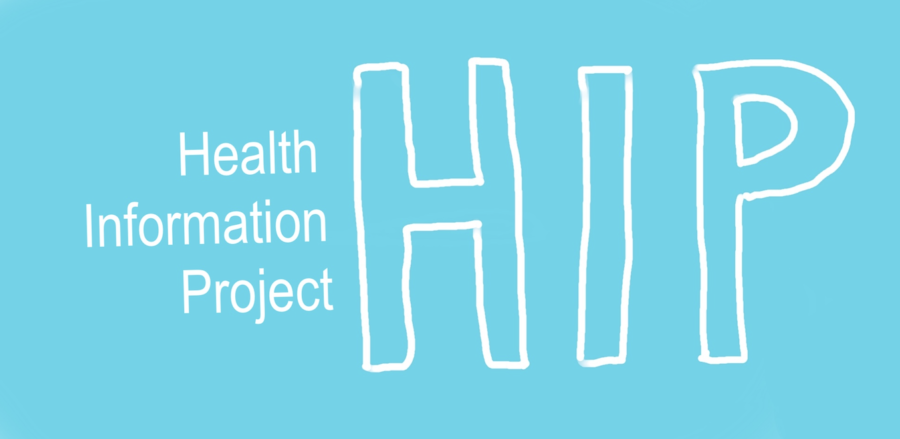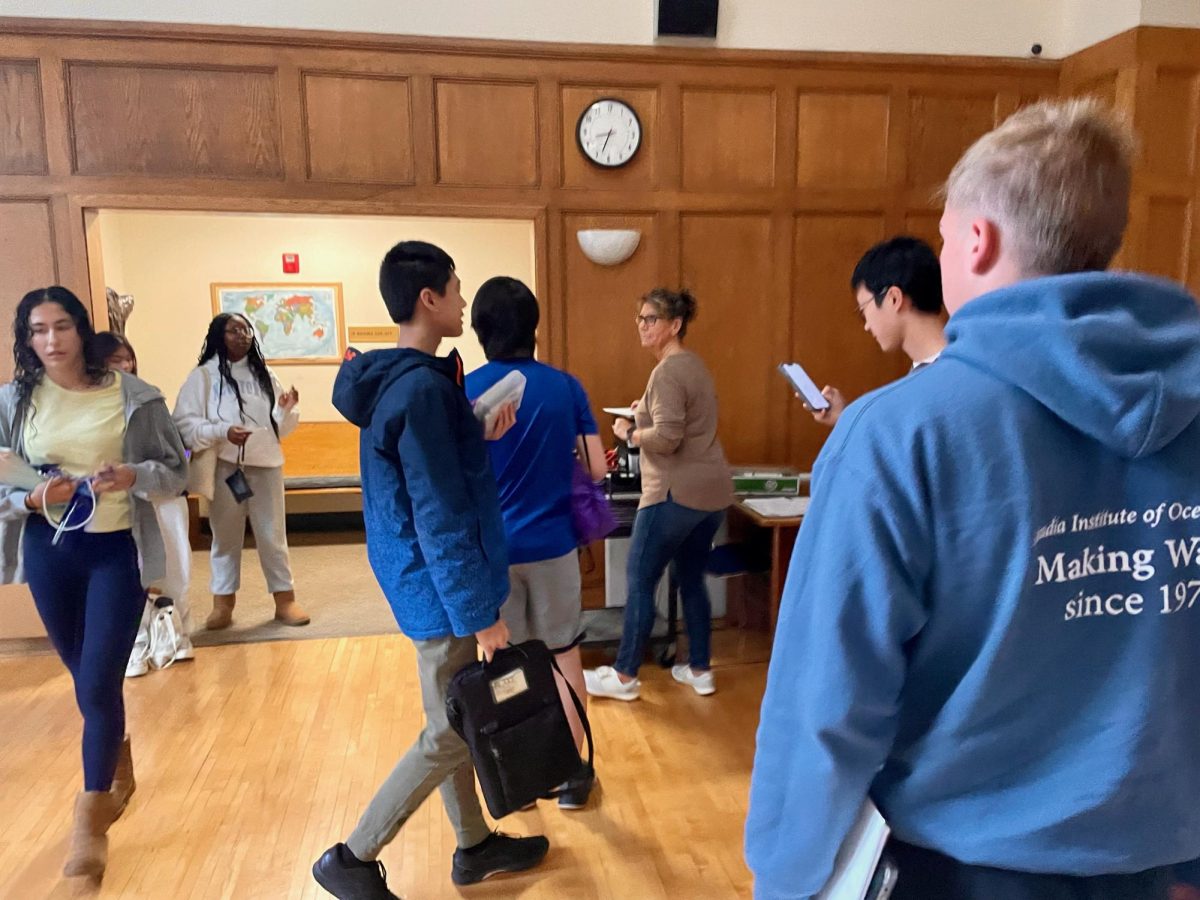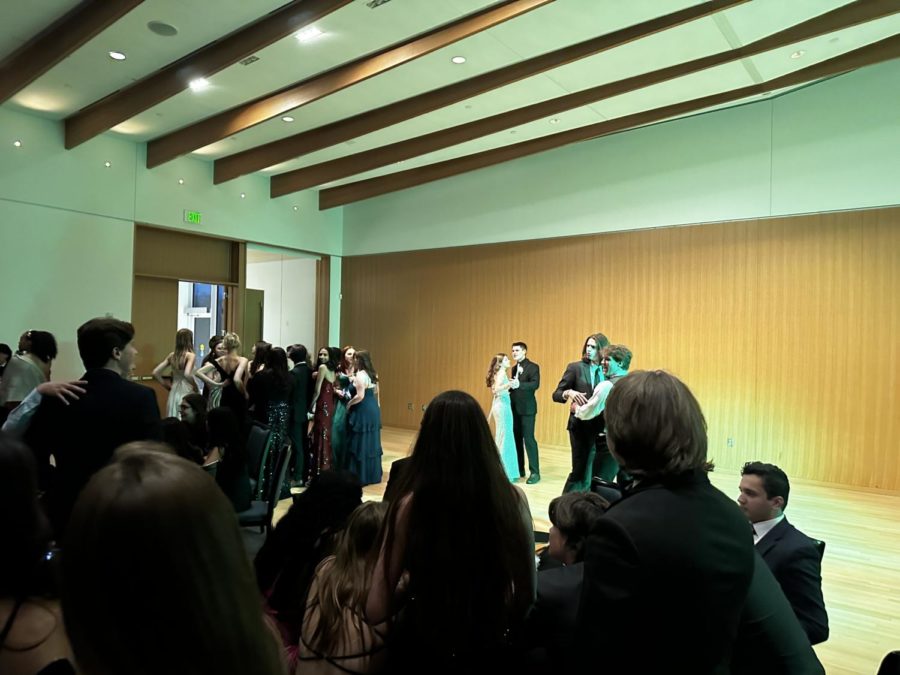HIP, or Health Information Project, aims to educate freshmen about physical and mental health. However, it isn’t a normal health class – every lesson is taught by juniors and seniors! This approach is meant to create an environment that is different from traditional adult taught health classes.
I think HIP is a good thing for schools to implement because normal health classes can get a little boring, and HIP lessons are more interactive. Plus, it comes with sweets! Even though the peer health educators aren’t medical professionals, they are clearly well educated on every lesson they teach. It’s also helpful for students to go over the topics, as there is no health class in ninth grade.
However, freshmen have mixed opinions about HIP. According to Emily Alexander ‘26, “everything we learned in HIP, we learned in Eighth grade.” Raiden Chen ‘26 agrees, saying, “I think that HIP could be useful if it wasn’t just a review of health… and more about how this applies to high school.”Another reason why HIP isn’t very popular among students is because since it isn’t an actual class, we have to find time from another block to do it, and this usually ends up being during a study hall or Wednesday advisory block.
While there are negative feelings towards HIP, it’s good to keep in mind that it is the school’s first year with HIP, and things are bumpy because it’s new for everyone. Jen Vance agrees, saying, “With any brand new program, there are growing pains.” It can only get better from here. During the pandemic, teachers noticed that students needed more support, especially around mental health and social relationships. Erin Adams, one of the counselors, says, “The thing that was so appealing to us in many ways is just connecting younger students with older students…The older students who are currently part of the program were so excited to be able to offer that guidance and information.” Having an older student, someone who’s been through similar experiences and someone a younger student can relate to more, teach a lesson makes the lesson feel more “valid,” because it’s reassuring to know
we aren’t the only ones.
Like Alexander and Chen say, the information we learn from HIP seems repetitive. Adams addresses this, saying “Our Middle
School Wellness program is really strong, and so a lot of the basic information that is in HIP is a lot of information [Nineth graders] already have from middle school… Our hope is to focus more on discussions about how to apply that information
as you get older and more about how those topics and these life experiences change as you get older.” Counselors and peer
health educators have their hopes up for the future of HIP; changes will definitely be implemented. Just remember – Be smart, be healthy, be HIP!












